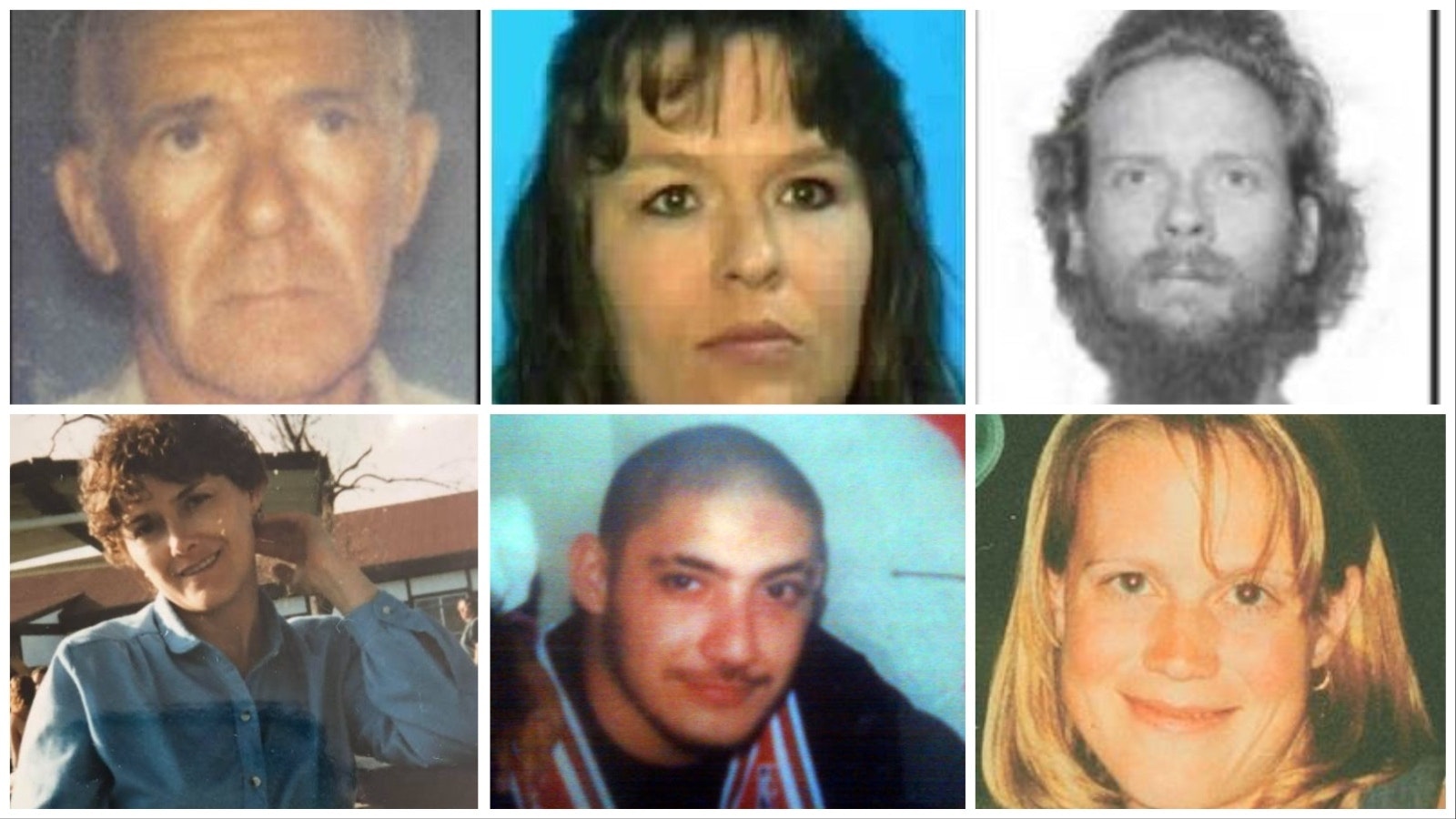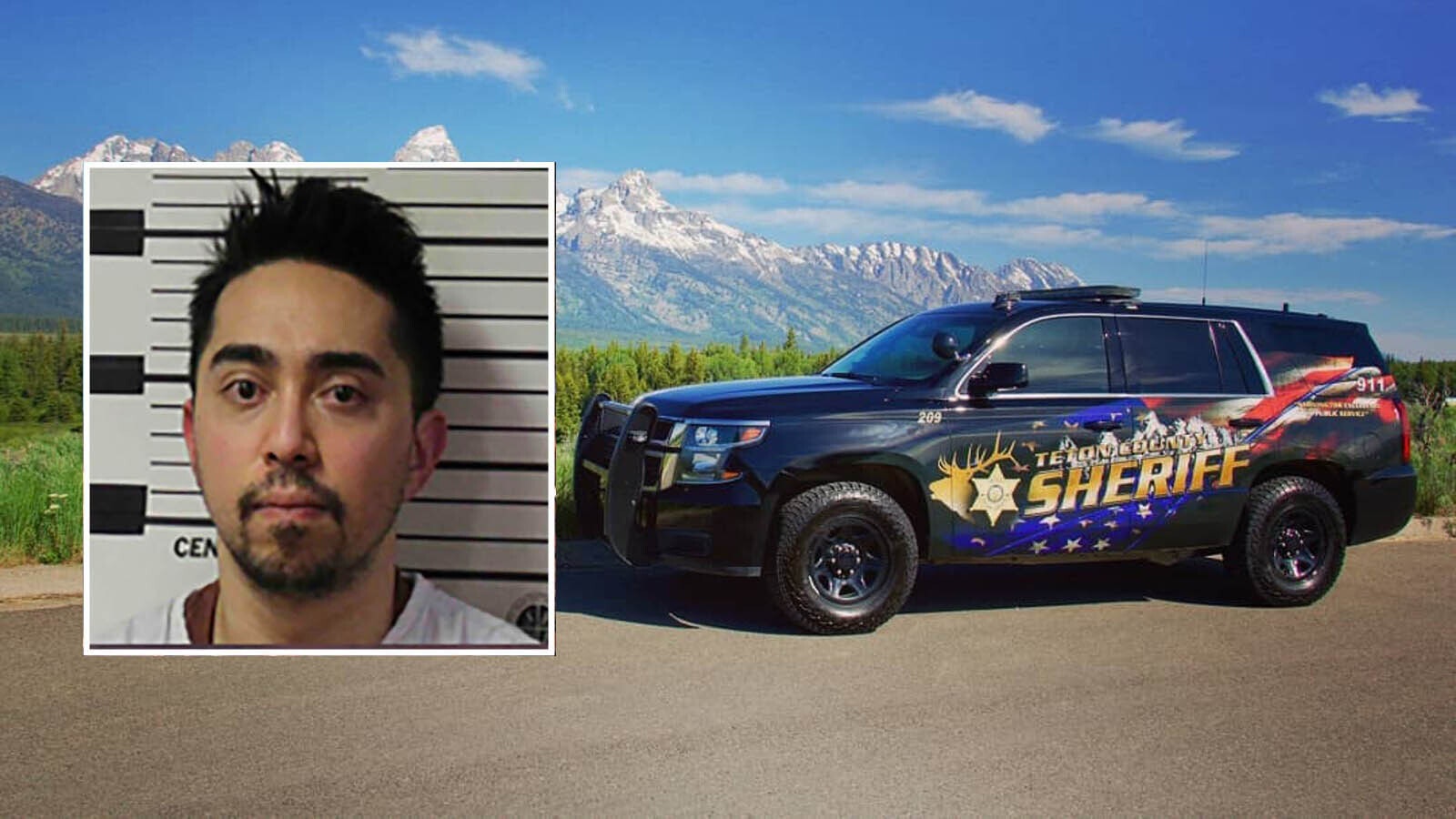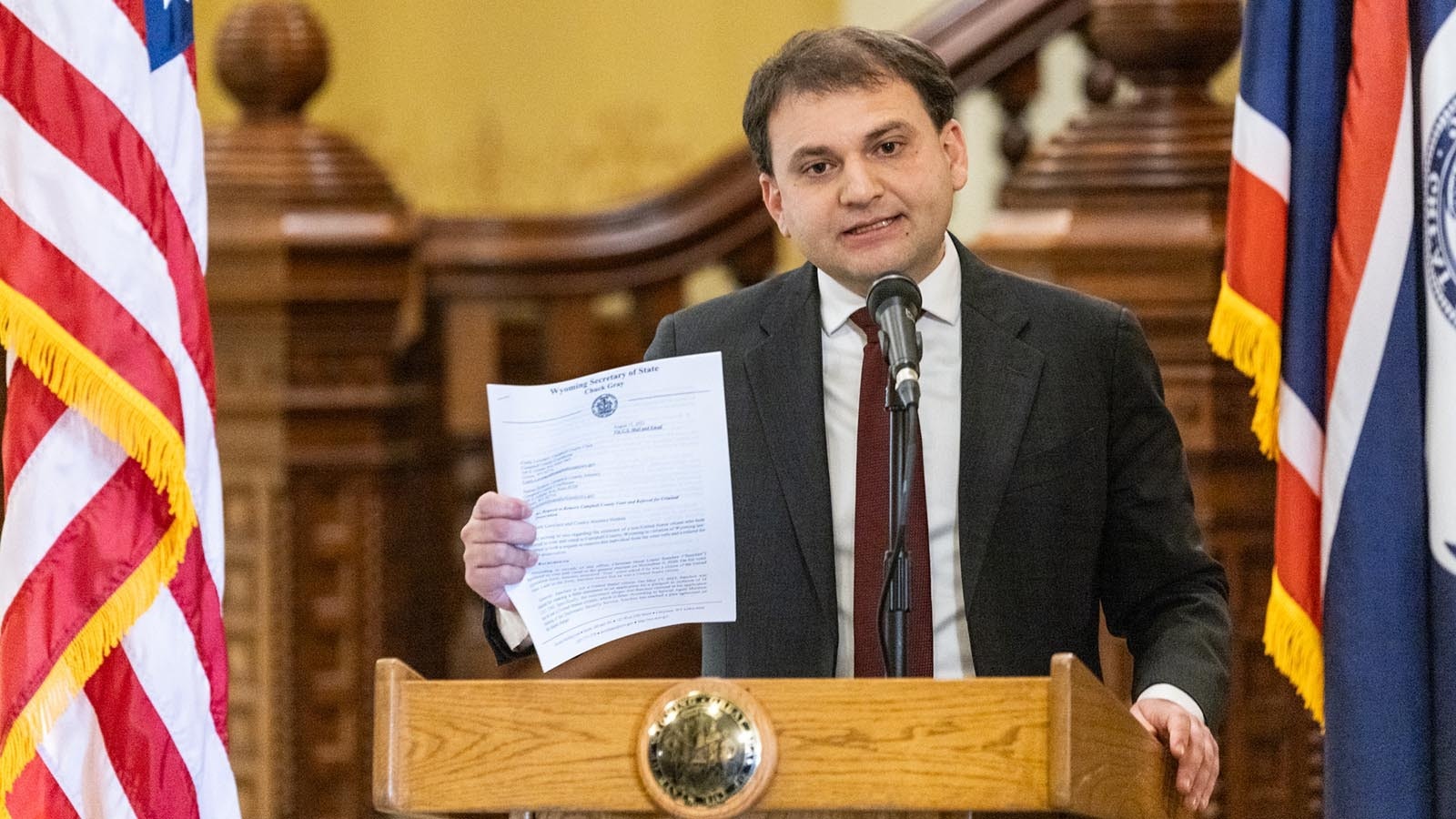Ernie Van Buskirk has one wish before he dies: find out what happened to his son.
Kenneth Van Buskirk was found dead on a hill in downtown Lusk in February 2016, nearly 18 months after he’d been reported missing.
To date, the 86-year-old retired Converse County Sheriff’s deputy has no answers as to what happened to his son, whose case remains one of the roughly 150 estimated unsolved cases throughout the state, dating back to 1965.
A draft bill up before the Wyoming Legislature this month, however, may provide state law enforcement with more resources to tackle these cold cases.
Last fall, the Joint Judiciary Committee advanced two pieces of legislation that would provide the Wyoming Division of Criminal Investigation (DCI) authority and money to create a statewide cold case database.
The second bill that was killed in committee and instead rolled into an amendment in the standing bill would have granted the agency additional money to hire two retired peace officers to work full-time on cold cases.
If passed, the standing House Bill 29 will provide DCI with $150,000 from the state’s general fund to create and maintain a cold case database for all unsolved homicides and felony sexual offenses three years or older dating back to Jan. 1, 1972.
The law, which would take effect July 1, would make it mandatory for law enforcement agencies to report to DCI all unsolved cold cases that meet the criteria. It also would give the agency authority to funnel any remaining funds after the creation of the database to be used toward investigating cold cases.
Better Than Nothing
Though watered down from its original intent, family members of the murdered and missing like Van Buskirk vehemently support the proposed law.
“What it would mean to me, and I’m sure does to others, is closure knowing what happened to their loved one and maybe why,” Van Buskirk told Cowboy State Daily. “Speaking for myself, there is not a day that goes by that I don't think of my son, wishing that he was here with me.”
Worse for him is not knowing the truth, he said, as well as the resounding mysteries surrounding his son’s death.

Unanswered Questions
Former Lusk Police Chief Bo Krein said the unsolved death haunts the department to this day. Krein, who resigned his post last September, had taken a renewed interest in Ken’s case and had been actively working it up until he left.
The new police chief, Jacob Gordon, did not respond to a request for an update.
Krein said one of two working theories are that Ken, who was suffering from lung cancer and long-term opioid abuse, may have taken his own life after indicating suicidal ideations to some family members and friends in the past.
The other is that Ken was murdered by two associates that he was with the night he disappeared based on evidence gathered in the aftermath of his death.
One fact to give credence to this theory is that Ken’s body was discovered in a spot that had been previously scoured in daylight by search teams with cadaver dogs following his disappearance in July 2014.
The biggest red flags for VanBuskirk are findings from his son’s autopsy that cite his cause of death as “undetermined.” Cloth bracelets found around Ken’s wrist suggest to VanBuskirk that his son may have had his wrists bound and taped together since he never was known to wear bracelets.
Fractures to his son’s ribs also caught VanBuskirk’s attention, as did the behavior of the two men who were thought to be with Ken that night. One failed a polygraph test in November 2014, according to police records, while the other consented but failed to show up for his test.
Both men deny having anything to do with Ken’s disappearance or death, according to police records, and to date no official person of interest has been publicly named.
Residual impact
VanBuskirk can’t underscore how much his son’s death and unanswered questions have devastated him and his family.
“He brought smiles and laughter for me, and so much happiness that I miss so much,” VanBuskirk said. “I want, and need, to know what happened to him and who was responsible. I am looking for justice.”
The pain and lingering questions ripple through generations, VanBuskirk said.
“My eldest son frequently asks me if I have heard anymore concerning this case. My grandchildren often ask about their uncle Ken,” he said. “Every time one of them asks me if I have heard any more on the case and I have to give them a negative response, it breaks my heart to see the sadness in their eyes. And their questions bring the question to me: ‘Why?’”
He believes the answers are out there and would love to see Ken’s death reexamined. The case is being investigated by Lusk Police, and under the new law if passed, would be required to be reported to DCI’s cold case database.

Getting the respect they deserve
Kelly Pehringer knows the hardship of these lingering questions.
Her mother, Kathleen, disappeared 35 years ago in 1989. She’d been 14 when she came home from school the afternoon of April 17 to find her mother missing from their Riverton home with her vehicle still parked outside.
Her last memory of her mother was her standing by the front door in her bathrobe as she waved goodbye before school. When Kelly returned, the house was empty, and her mother hadn’t left a note.
The only trace of Pehringer was two cigarette butts in a normally overflowing ashtray on the coffee table in the undisturbed and otherwise clean living room.
Kelly, now 49, recognized the cigarette butts as belonging to her mother and her new friend, Donald Kenneth Pack Jr., based on the way he always squinched down his filters. Pack had recently been hanging around her mother, ostensibly with the excuse of buying her a computer.
Pack gave Kelly bad vibes that were later underscored by his lengthy rap sheet tied to a spate of rapes in Jackson during the mid-1970s.
Pack was arrested in 1975 and spent 15 years in prison for raping a young server on her way home late one night, but is thought to have terrorized many more women, according to Buckrail.
He was arrested again in 2018 after evidence in a storage locker tied Pack to two additional rapes during that same time. He served 55 months for the last two rape charges and is currently out on parole in Cheyenne until Jan. 28, 2027.
On the afternoon that Pehringer disappeared, Kelly said Pack stopped by looking for her mother and asked if he could use her telephone. She reluctantly let him in, she told Cowboy State Daily, and waited while he dialed a number and promptly hung up seconds later without leaving a message.
She still wonders what Pack wanted that day and was grateful that she’d brought a handful of friends home with her and was not in the house with him alone.
Pack has not been charged with any crimes related to Pehringer’s disappearance, and to date her case remains unsolved.
Yes To More Money
Though technically considered a missing person, Pehringer’s case is being “investigated in a manner consistent with a homicide investigation,” said Ryan Cox, a DCI commander who oversees cold cases.
Cox declined to comment on the case, citing an active investigation.
DCI agents periodically contact Kelly with questions and updates, but it’s been “a while” since she’s heard from them, she said, though she appreciates everything they’ve done so far.
Like VanBuskirk, Kelly supports any bill that would grant DCI greater access to funding and resources.
“If they did get more funding, absolutely more money would allow more hours to look deeper in my mom’s case,” she said.
It’s not only her mother’s case, Kelly said, but all the other families in the state who also don’t have answers.
“We all deserve some more respect,” she said.
Jen Kocher can be reached at: Jen@CowboyStateDaily.com
Jen Kocher can be reached at jen@cowboystatedaily.com.





